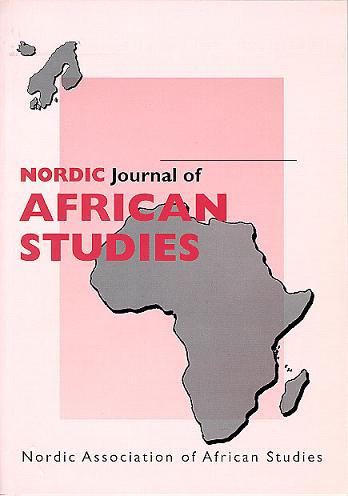
Published 2006-12-31
How to Cite
Abstract
The Beja, or Bedawiye, people speaking the Northern Cushitic language called “Bedawiet”, have literally since “time immemorial” occupied the Eastern deserts of Sudan, Egypt and possibly Eritrea. They today consist of the subgroups Ababda, Bishariin, Atmaan/Amar´ar, Hadendowa and sections of the Beni Amer. These subgroups are relatively loosely integrated confederations of endogamous lineages based on assumptions of shared descent and cohabitation in an ancestral territory. In this hot and arid land, where there is little evidence of large-scale climatic change the last 2500 years, they have eked out a livelihood presumably originally as hunters of wild game and gatherers of wild grain, later as herders of small stock in the drier areas and of cattle in the delta lands, combining pastoralism with some take-a-chance cultivation. Some centuries after Christ they also acquired camels and became mounted brigands, guides and sycesin relation to the caravan trade. The present paper is an attempt to trace what can be said about the way larger context of empires, trade routes and security impinged on their lives in pre-colonial times.
